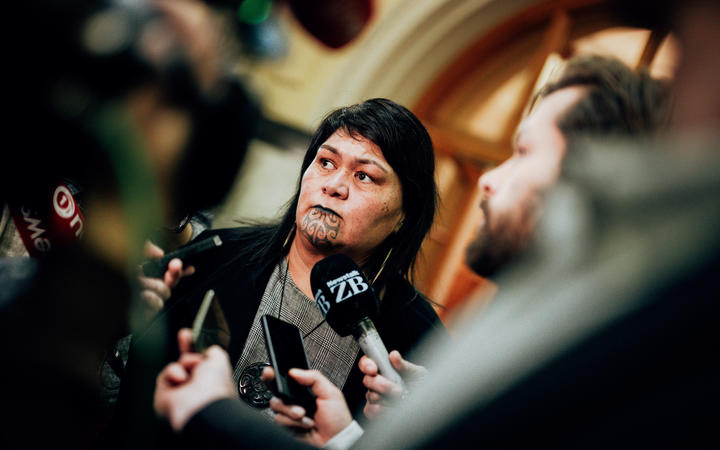By RNZ.co.nz and is republished with permission
China’s embassy has summoned New Zealand foreign officials to a meeting after the government voiced criticism of Chinese state-funded hacking, raising industry concerns over trade implications.

The meeting came after the embassy issued a statement yesterday saying the accusations from the minister of New Zealand’s spy agencies Andrew Little were “totally groundless and irresponsible”.
The statement said such accusations should be backed by clear evidence, and doing so without was a malicious smear.
“We urge the New Zealand side to abandon the Cold War mentality, adopt a professional and responsible attitude when dealing with cyber incidents, and work with others to jointly tackle the challenge through dialogue and cooperation, rather than manipulating political issues under the pretext of cyber security and mudslinging at others.”
In a statement this afternoon, Foreign Minister Nanaia Mahuta’s office said officials had met with representatives of the embassy at their request.
“Areas of difference need not define our relationship, but we will continue to promote the things that we believe in, and support the international rules-based system,” she said.
“Our relationship with China is one of our most significant, impacting a wide range of sectors and groups across Aotearoa New Zealand.”
New Zealand exporters have been concerned that the escalation of rhetoric could lead to a trade backlash from China, urging both countries to keep trade and politics separate.
New Zealand China Council chair Sir Don McKinnon said the country had to be prepared after calling China out.
“Once you reach a stage where you feel you have to criticise China publicly – which is what’s happened more recently – well that escalates it to a new level and you’ve got to be prepared for the consequences of that,” he said.
“Trade with China means money in people’s pockets in New Zealand from one end of the country to the other.”
Sir Don, who is also a former deputy prime minister and foreign affairs minister for New Zealand, said it was a natural commercial decision make the most of a good opportunity but some of the vulnerability of New Zealand’s trade with China came down to individual exporters and companies.
“They’ve got to make the ultimate judgment how … vulnerable do they wish to be given the nature of whatever they are producing,” he said.
“Let’s accept the fact that the last 20 years the consumption of dairy products and red meat in China has grown tremendously strongly.
“They may look back in a couple of years time and say ‘well, we were pretty smart’, on the other hand they may look back and say ‘well we might have got it wrong for a while’.”
University of Auckland economics lecturer Robert Scollay said it was up to such companies to assess risk, but the government also had a huge and difficult role to play in managing the trade relationship.
“The major players are not necessarily always acting in a reasonable way so navigating a path through those tensions is actually a really major task for the government and you need to rely on them to manage that extremely competently and carefully.”
“In general I think they need to avoid taking actions which can be seen as gratuitously taking sides.”
He questioned the government’s pro-US move to express support for a “rules-based Indo-Pacific”, after Prime Minister Jacinda Ardern and US President Joe Biden’s phone conversation leading up to the APEC Covid-19 leaders’ meeting.
“I just wonder whether that’s really a prudent thing to do in the circumstances.”
Sir Don was more hopeful, saying he saw no signs of real retaliation yet.
“The consumption market in China’s not going to change and, yes, there might be a bump – but you wait it through.
“The main thing is New Zealand’s policies overall with China should always be straightforward, be transparent, be open and honest. It’s when you deviate from that you get into bigger problems.”
He said the government’s role was to create the environment for producers, manufacturers and service providers to maximise their returns, and there were other opportunities to explore including trade deals with the EU and UK, difficult as those might be to achieve.
“We’ve clearly got to work very very hard at getting good deals, even with the United Kingdom.”
